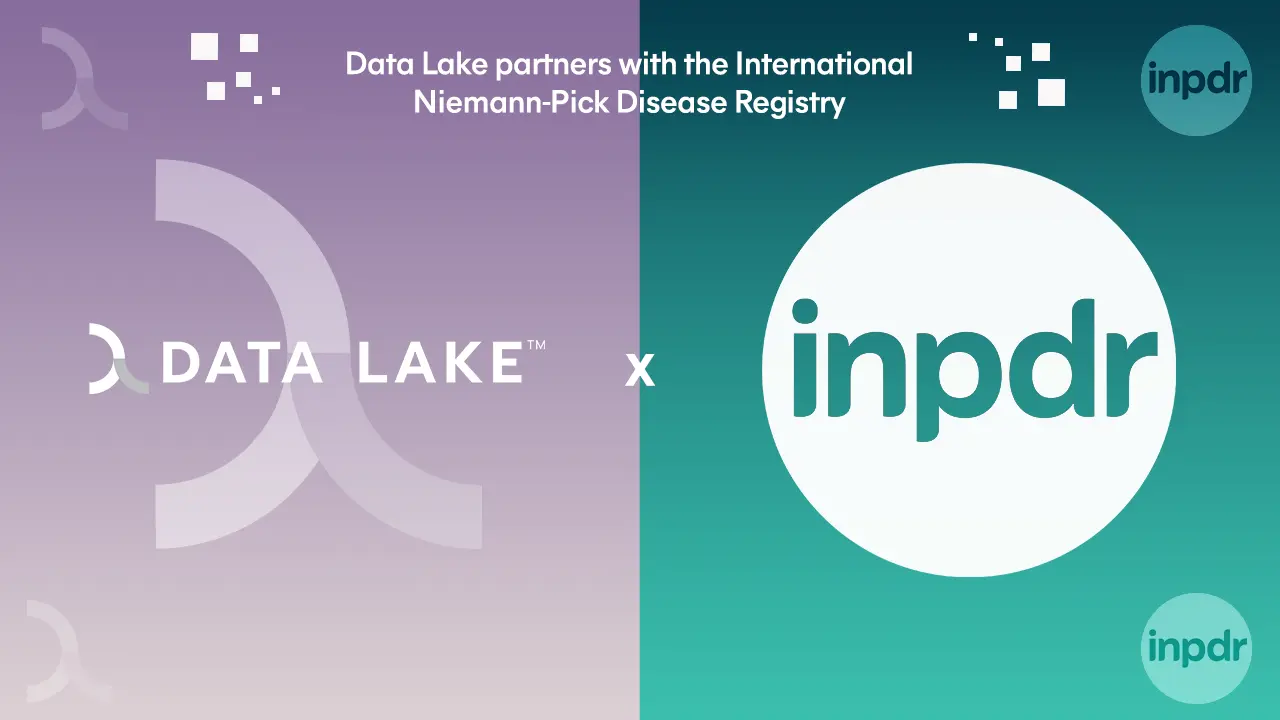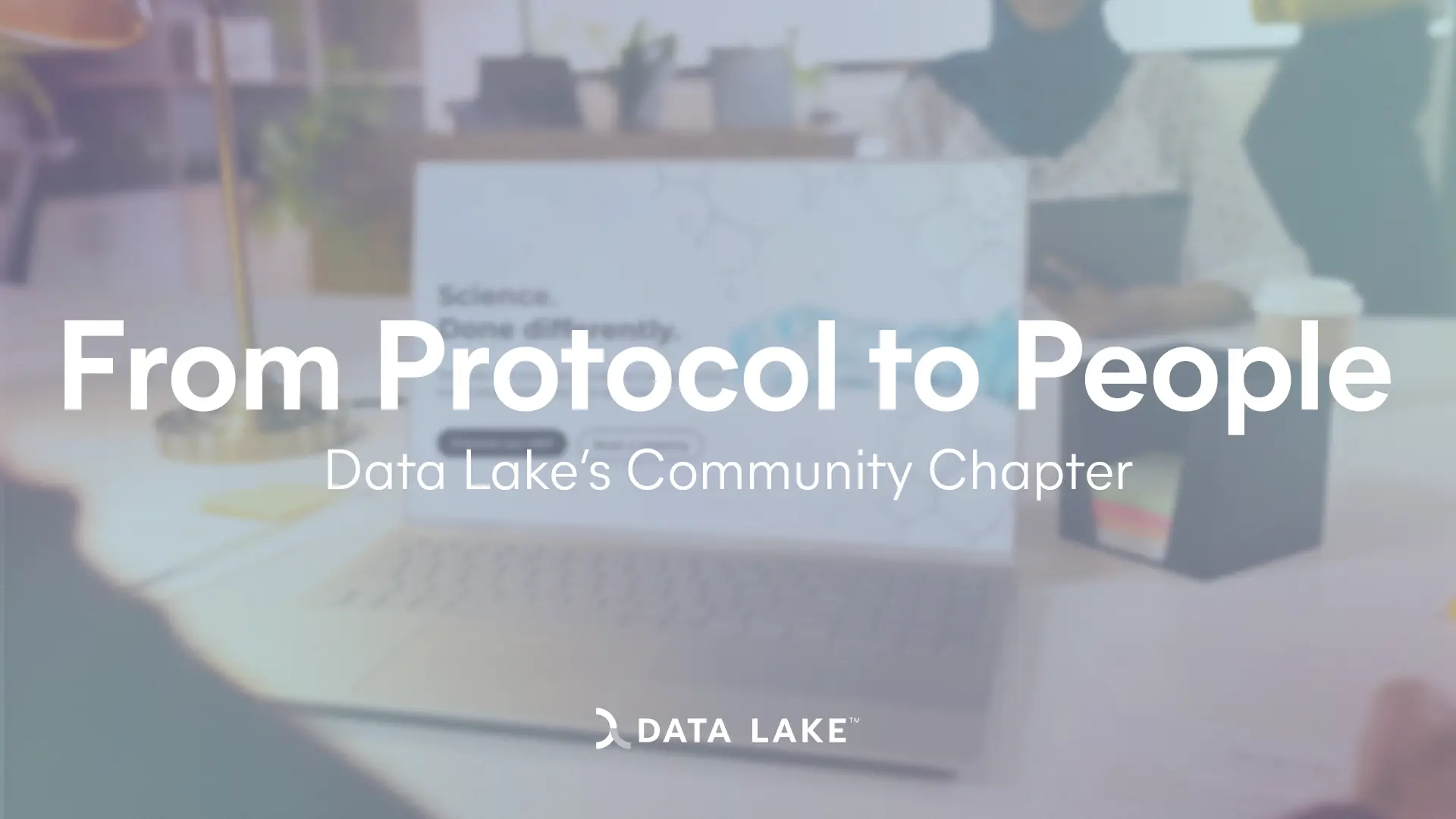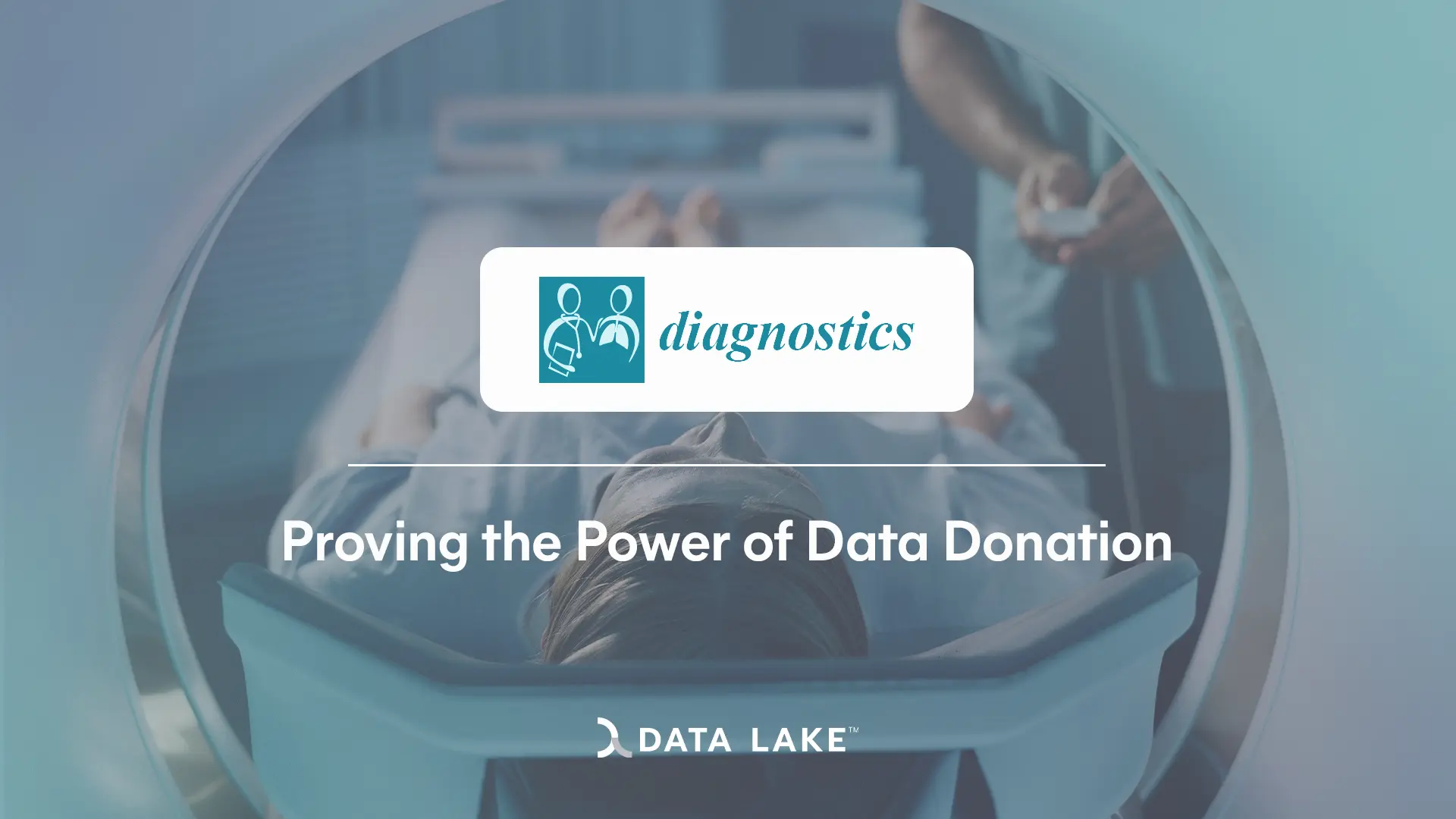Press Release
Data Lake and INPDR Sign MoU to Advance ASMD Patient Registry
Date: October 15, 2024
Location: Warsaw, Poland
Data Lake, an operator of the Polish ASMD Patient Registry, and the International Niemann-Pick Disease Registry (INPDR), a global organization dedicated to improving outcomes for patients with Niemann-Pick Disease, are pleased to announce the signing of a Memorandum of Understanding (MoU). This strategic collaboration aims to enhance the development and management of a patient registry for Acid Sphingomyelinase Deficiency (ASMD).
The MoU signifies a commitment from both organizations to work closely together in the future, leveraging their respective expertise to achieve common goals. The partnership will encompass a mutual exchange of best practices, software tools, and knowledge, fostering innovation and improving patient care.
Scope of Cooperation:
- Mutual Exchange of Best Practices: Data Lake and INPDR will share their extensive experience and insights into managing patient registries. By exchanging best practices, both organizations aim to refine their methodologies, ensuring the ASMD patient registry is comprehensive, efficient, and user-friendly.
- Software Collaboration: The cooperation will involve the exchange and co-development of software tools designed to enhance data collection, analysis, and reporting capabilities. This will enable more accurate tracking of patient outcomes and facilitate advanced research into ASMD.
- Knowledge Sharing: Both organizations will engage in regular knowledge-sharing sessions, where they will discuss the latest advancements in the field, new research findings, and technological innovations. This will help in keeping the registry up-to-date with cutting-edge developments and ensure that patients benefit from the most current medical insights.
Statements from Leadership:
Wojciech Sierocki, CEO of Data Lake: “We are excited to partner with INPDR on this critical initiative. Our collaboration will harness the power of data to improve the lives of those affected by ASMD. By combining our technological expertise with INPDR’s deep understanding of Niemann-Pick Diseases, we can create a world-class patient registry that sets new standards in the field.”
Conan Donnelly, CEO of the INPDR: : “This MoU marks a significant step forward in our mission to advance research for Niemann-Pick Disease. We look forward to a fruitful collaboration that will assist us in achieving our goals and benefit patients, families, and healthcare professionals alike.”
About Data Lake
Data Lake is a premier provider of data solutions, specializing in the development and management of patient registries and health data analytics. With a focus on innovation and precision, Data Lake helps healthcare organizations and research institutions harness the power of data to improve patient outcomes and advance medical knowledge. Data Lake is supported by Donate your Data Foundation, which was co-created by Polish Hospital Federation.
About INPDR
The International Niemann-Pick Disease Registry (INPDR) is a web-based disease-specific registry, collecting information about ASMD Niemann-Pick disease (types A & B), and Niemann-Pick disease type C, via an anonymised Clinician Reported Database (CRD) and a Patient Reported Database (PRD). The PRD enables patients to self-enroll online and to contribute their data through a series of questionnaires including disease impact, health economics and quality of life. The INPDR is actively supported by patients, clinicians, patient advocates and researchers from over 20 countries across five continents.
For more information, please contact:
Data Lake Media Relations: Joanna Greń, Project Manager. joanna.gren@data-lake.co
INPDR Communications: Conan Donnelly, CEO, conan.donnelly@inpdr.org
This collaboration represents a significant milestone in the fight against ASMD and Niemann-Pick Diseases. Together, Data Lake and INPDR are poised to make meaningful advances in patient care and research, bringing hope to those affected by these rare and challenging conditions.




